Dr. James W. Silver
Shocked by the riot at Ole Miss in 1962, which he witnessed, and offended by the state’s attempt to blame federal marshals, history professor James W. Silver set the record straight in Mississippi: A Closed Society. Silver condemned Citizens’ Council tactics and White supremacy. He compared the state to a totalitarian regime, where White supremacists defined the agenda and crushed opposing voices. For this efforts, Silver became, "the most hated White man in Mississippi." The Citizens’ Council campaigned to have him fired. Silver remained until 1965, when he took leave to teach at the University of Notre Dame. He never returned.

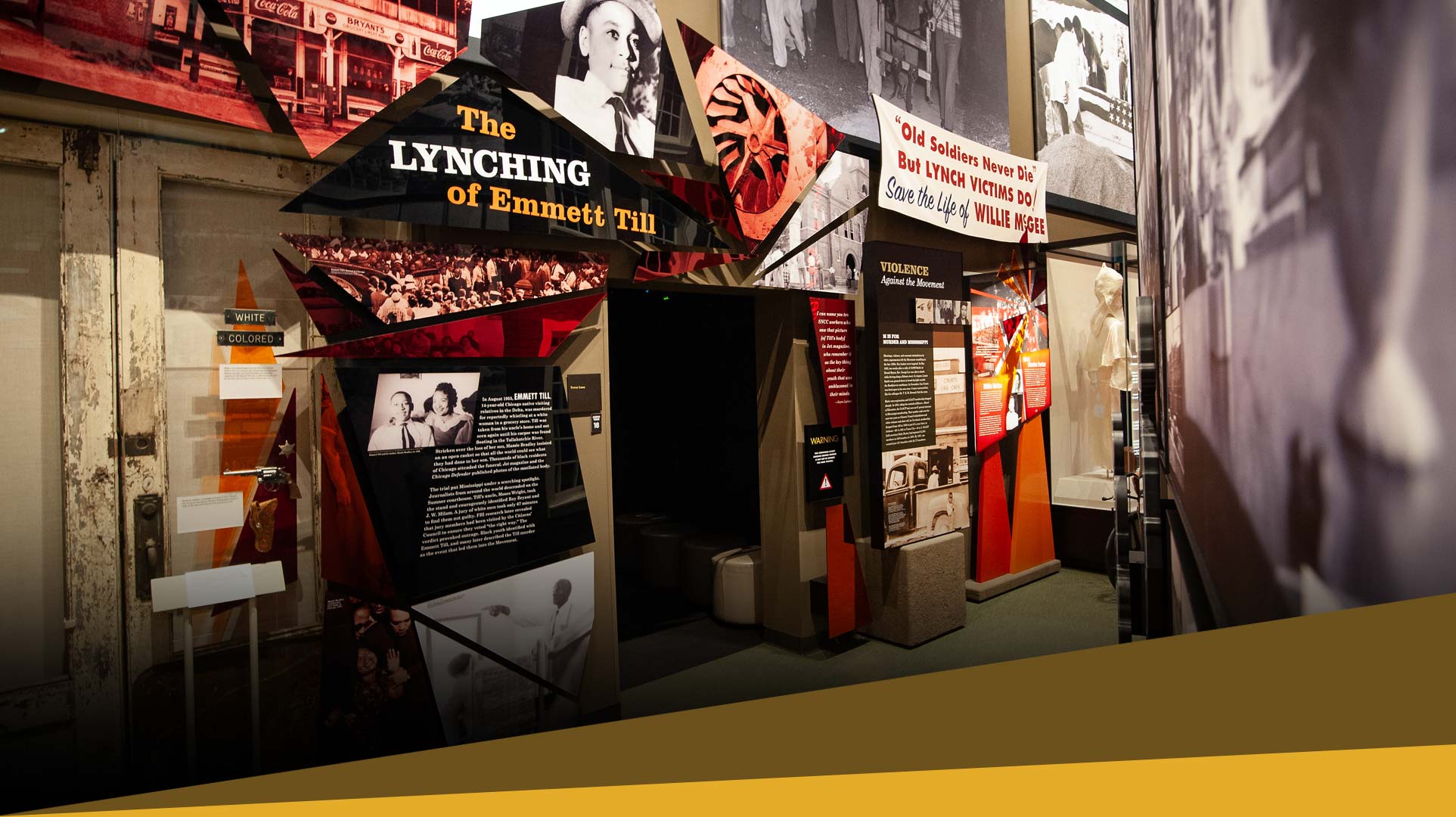
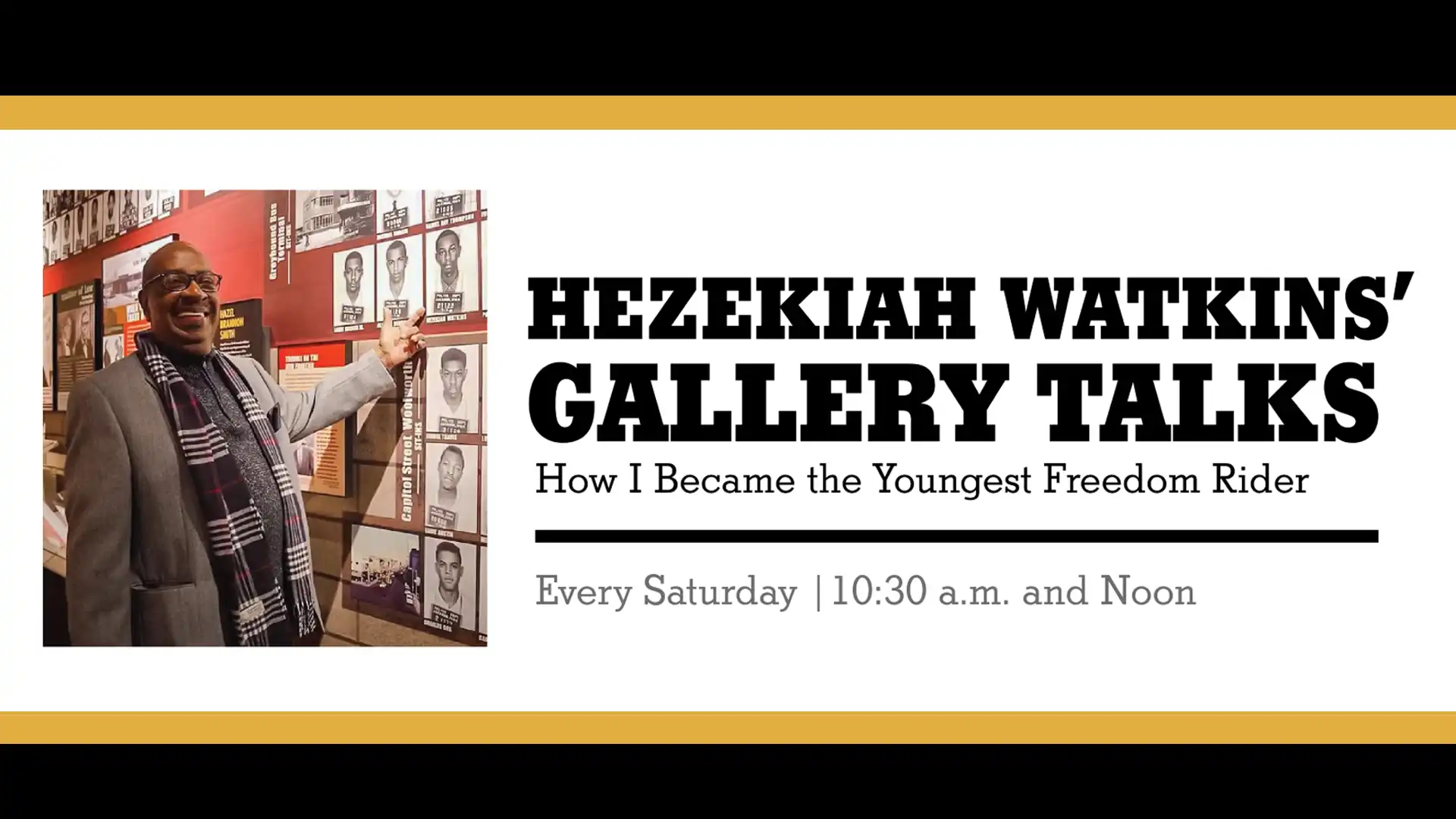


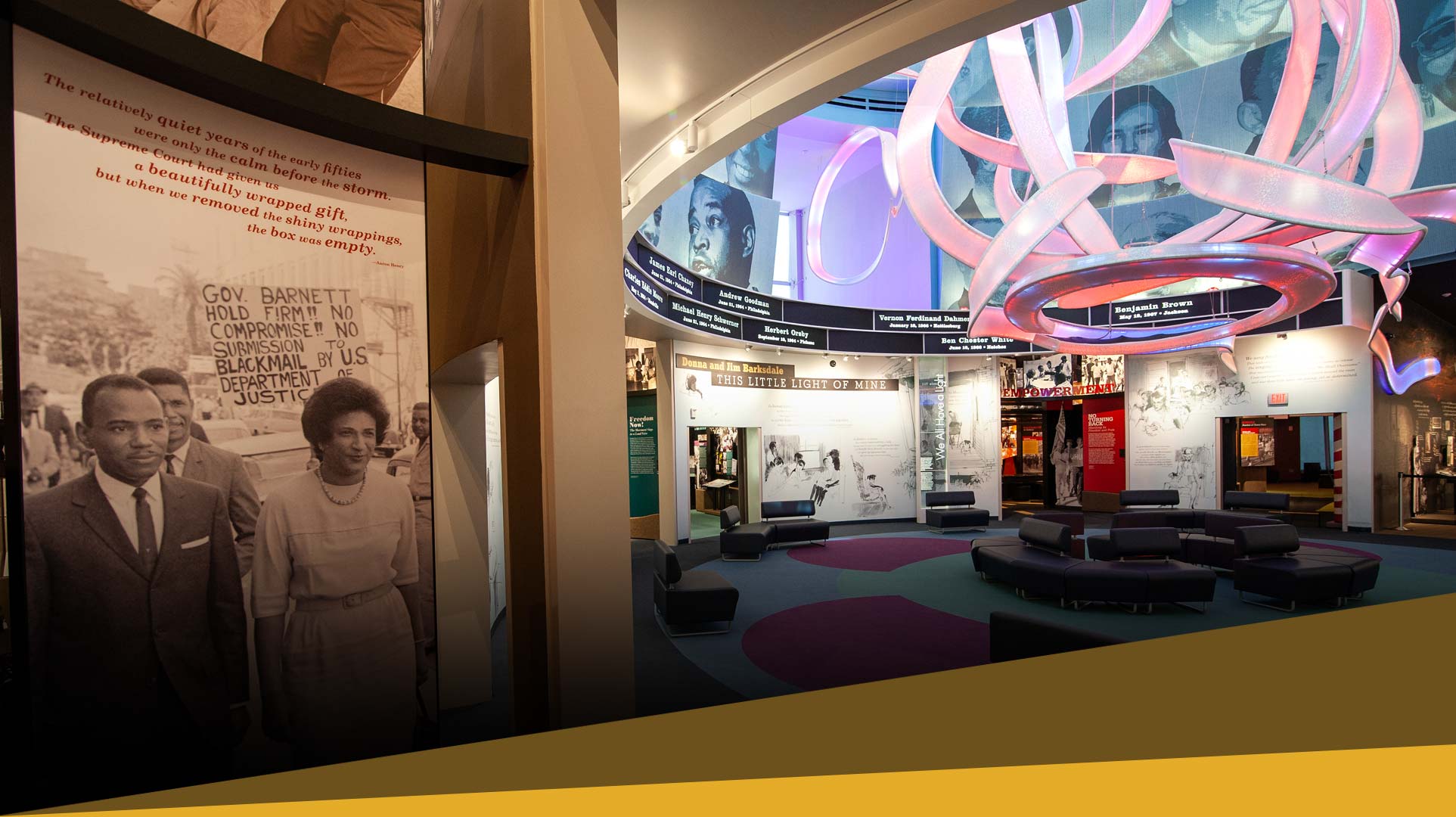

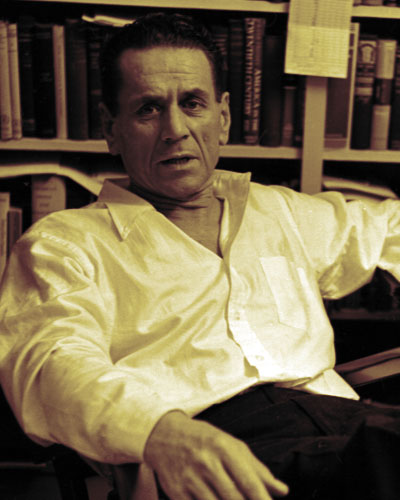
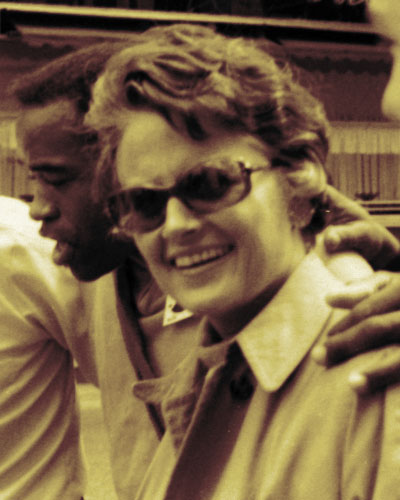
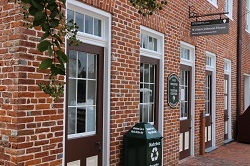 Explores the lives of free African Americans in the pre-Civil War South
Explores the lives of free African Americans in the pre-Civil War South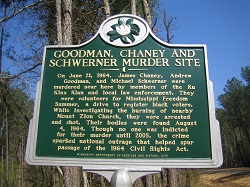 Highlights places and people who fought for freedom and equality in Neshoba County
Highlights places and people who fought for freedom and equality in Neshoba County